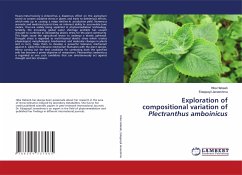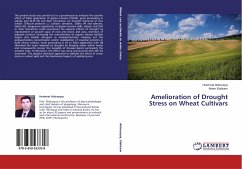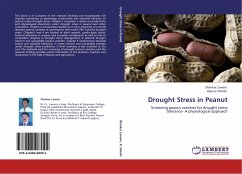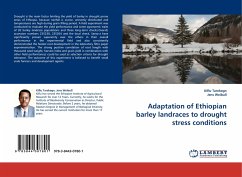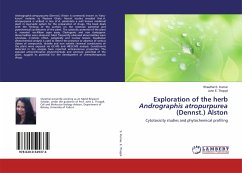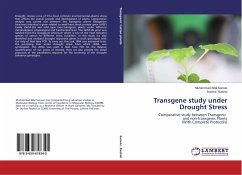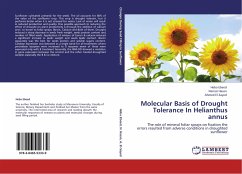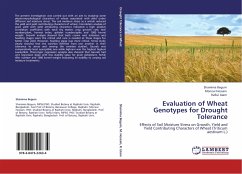Heavy metal toxicity is indeed has a disastrous effect on the agriculture sector as creates oxidative stress in plants and leads to deleterious effects, which ends up in causing a major decline in production yield. Numerous aromatic and medicinal plants have an inherent ability to accumulate toxic metals, thus are widely being exploited in phytoremediation technology. Similarly, the increasing global water shortage problem has caused drought to outbroke as devastating abiotic stress for the plant community. This might cause the agricultural sector to undergo a drastic upheaval. Drought stress is regarded as multi-faceted abiotic stress which creates physiological, morphological, biochemical, and molecular changes in plants and in turn, helps them to develop a powerful tolerance mechanism against it. Likely this tolerance mechanism fluctuates with the plant species. Hence carving out the best candidate for combating both the specified evils has become a prime objective of researchers. Plectranthus amboinicus is regarded as one such candidate that can simultaneously act against drought and zinc stressors.
Bitte wählen Sie Ihr Anliegen aus.
Rechnungen
Retourenschein anfordern
Bestellstatus
Storno

